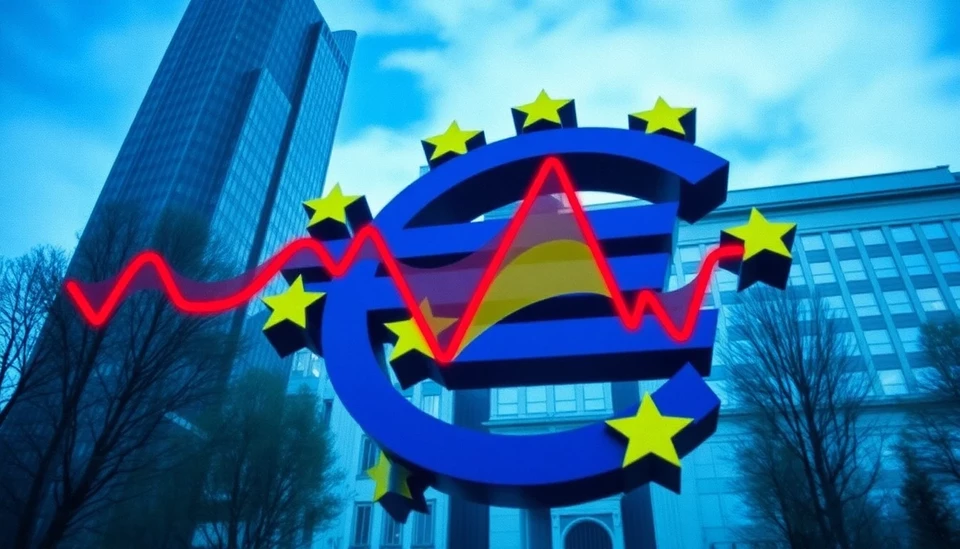
In a significant economic development, Germany's inflation rate has slowed more than analysts had predicted, fueling speculation about the European Central Bank’s (ECB) upcoming monetary policy decisions. The latest figures reveal that the year-on-year inflation rate in Germany fell to 3.0% in March, down from 3.2% in February, marking a notable decline in consumer price growth. Economists had anticipated a less pronounced decrease, predicting a drop to around 3.1%.
This unexpected decline in inflation is primarily attributed to falling energy prices and a gradual stabilization in food costs. In recent months, energy prices have sharply dropped, easing the financial burden on households and contributing to a less dramatic rise in overall consumer prices. Food price inflation has similarly shown signs of tapering, providing additional relief to consumers who have faced sustained increases over the past year.
The ECB has been closely monitoring these inflation trends as it deliberates its next move regarding interest rates. Following a series of rate hikes aimed at curbing inflation, the ECB's recent policy decisions may shift in response to the latest data. Some analysts are now suggesting that the central bank may adopt a more cautious approach, possibly pausing further rate increases as it assesses the impact of previous hikes on both inflation and economic growth.
Moreover, the slowdown in inflation could signal a broader trend across the eurozone, as countries grapple with similar economic pressures. While inflation remains a priority, the ECB is also tasked with balancing its mandate of price stability against the potential for economic slowdown tied to higher borrowing costs.
In light of the diminishing inflation rate, market expectations are beginning to shift. Investors are increasingly positioning themselves for a likely pause in ECB rate increases during its upcoming meetings, with many anticipating that this could signal a change in the longer-term outlook for monetary policy in the eurozone.
The recent inflation figures from Germany may very well set the tone for forthcoming discussions among the ECB governing council. The overarching question remains: will this trend influence the central bank to adopt a more dovish stance, or will it persist in its current course to combat inflation aggressively? Only time will tell as economic indicators continue to unfold.
As European economies navigate these complex dynamics, the interplay between inflation rates and monetary policy will remain under scrutiny. Stakeholders across various sectors will keenly watch the ECB's upcoming meetings and statements for insights into the evolving economic landscape.
Stay tuned as we continue to report on developments in European economic policies and how they affect consumers and businesses alike.
#Germany #inflation #EuropeanCentralBank #ECB #monetarypolicy #economicnews #finance #interestrates
Author: Daniel Foster




